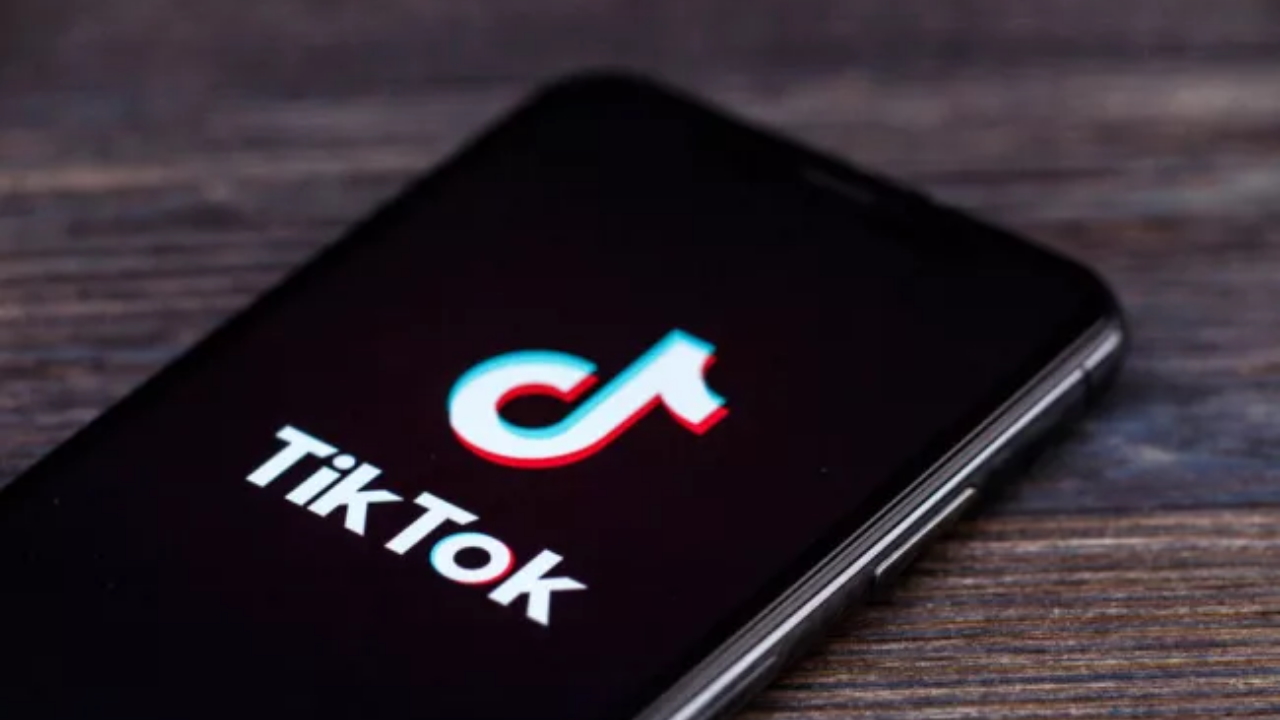TikTok ban may lead to surge in VPN usage
VPNs could be a saving grace for TikTok lovers

As one government after another clamps down on Chinese applications such as TikTok, it appears that many people may be seeking out one of the best VPNs to try to circumvent existing or prospective bans.
“We are seeing an increasing number of governments around the world attempting to control the information their citizens can access," said ExpressVPN vice president Harold Li in a press release last week. "For this reason, VPNs are used to access blocked sites and services by many worldwide.”
- Those living in or visiting China will need the best China VPN...
- ...and American citizens should seek out the best US VPN
- Latest: Trump enacts TikTok ban: What to know about the executive order
Privacy first
India was the first government to institute a permanent TikTok ban in June as part of a crackdown on Chinese mobile apps following a Sino-Indian border clash in the Himalayas.
On Aug. 1, U.S. President Donald Trump announced a nationwide TikTok ban that would take effect within 45 days unless TikTok was sold to a U.S. company, citing concerns that TikTok might be used by the Chinese government to spy on users in Western countries.
But it seems like many people aren’t happy about potentially losing access to TikTok. ExpressVPN says it has seen “a sharp increase in web traffic,” with a 10% surge in the number of Americans accessing its website following Trump’s announcement about banning TikTok.
With a VPN, a TikTok user can make it seem as if she's located in a different country, possibly evading a national ban on the video-sharing app.
Global interest spikes
Regarding other countries that are thinking about banning TikTok or already have, ExpressVPN has seen traffic to its website grow in Japan (19%), Australia (41%), Hong Kong (10%), and India (22%).
Sign up to get the BEST of Tom's Guide direct to your inbox.
Get instant access to breaking news, the hottest reviews, great deals and helpful tips.
"In the case of TikTok in the U.S., we don't know how a potential ban may be enforced yet, and it may require users to jump through other hoops on top of using a VPN, such as removing their local SIM card," Li said. “Our team continues to track the situation closely so that ExpressVPN users can continue to protect their digital rights and access the free and open internet.”
“It’s interesting that access to a social media platform is the catalyst in forcing people to use a VPN rather than for security or protection purposes," ESET security specialist Jake Moore told Tom's Guide.
“This is typical for bypassing national boundaries but on the contrary, it does teach users about privacy and ups their security in the process," Moore added. "The convenience of security sometimes needs to be puppeteered by another mechanism in order to make the majority of the public move towards better protection.”

Mo has been rigorously testing, reviewing, and analyzing VPN services at Tom’s Guide for more than five years. He heads up the three-person Tom's Guide VPN team, and is passionate about accessibility: he believes that online privacy should be an option that’s available to everyone. NordVPN and ExpressVPN are the products he uses most on a daily basis, but he experiments weekly with all the top services, evaluating their privacy features, connection speeds across various protocols, and server reliability – among other things – so that he can make confident VPN recommendations that are backed by data. To see his latest advice, head over to Tom’s Guide’s best VPN and best free VPN guides.
